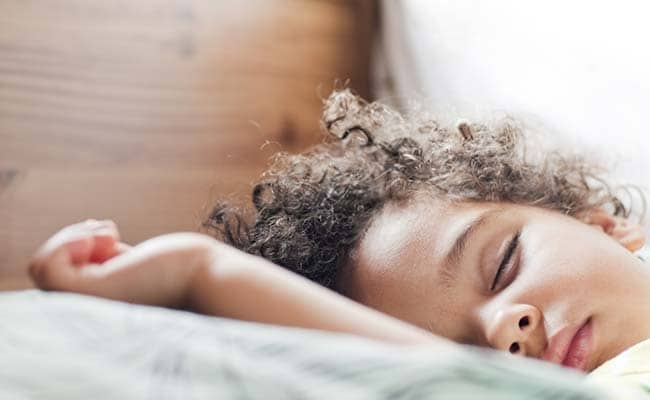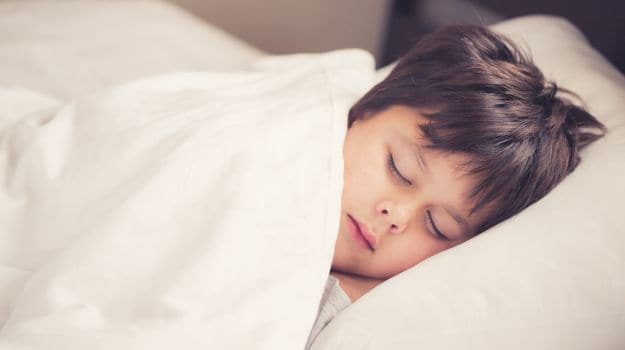
Not only just adults but even the little ones can snore while they’re asleep. While experts suggests not to get alarmed in most cases here’s why you must not take it lightly if the problem persists. Also, what signs to look for and when exactly to seek medical help? According to the University of California, Los Angeles Sleep Disorders Center, snoring is commonly reported in most children. Almost 20% of healthy children snore from time to time which is not usually indicative of any serious health issue.
Statistics report that close to 7 to 10 percent of kids snore every night, however there are signs that one must look out for in their kids to understand whether or not the snoring pattern is normal. Snoring in kids may also be indicative of a sleep or breathing problem. Besides respiratory infections there can be a host of other factors contributing to your child’s snoring. Adenoids, enlarged tonsils, deviated septum or obstructive sleep apnea can be some of them to begin with.
According to a study published in the journal Laryngology and Otology, children with frequent snoring and breathing problems during sleep are prone to an increased risk of poor concentration level and learning abilities. A recent study also points at the fact that regular snoring – at least four nights in a week – in some kids may be indicative of some serious health issue. According to an ENT expert David McIntosh, when the brain identifies something amiss, it tries to compensate by altering the process of breathing that may result into snoring. Therefore, one must closely monitor the snoring pattern in their kids.

The National Sleep Foundation, US mentions that at times regular snoring may also be a result of a respiratory infection or an allergy. In the year 2002, the American Academy of Pediatrics recommended all American children to be screened for snoring to differentiate normal primary snoring from obstructive sleep apnea syndrome in kids.
When to seek help?
If your child struggles to breathe while sleeping you must consider seeing a medical professional. Also monitor your child for any gasping or snorting while snoring. Severe snoring associated with sleep apnea may have serious health repercussions. You may also notice your child sweating profusely while sleeping and suddenly waking up due to the inability to breathe properly.

During the day you child may complain of learning issues or other troubles at school and may also show signs of slow physical growth as a result of severe sleep apnea. He/she may feel tired and exhausted throughout the day as the result of lack of proper sleep. Inadequate sleep may also turn him/her irritable and cranky.
What can you do?
– Keep your child away from anything that can trigger respiratory issues or allergies, i.e. soft toys, pets, et cetera.
– Keep you child’s head elevated while he/she sleeps.
[“source-ndtv”]



